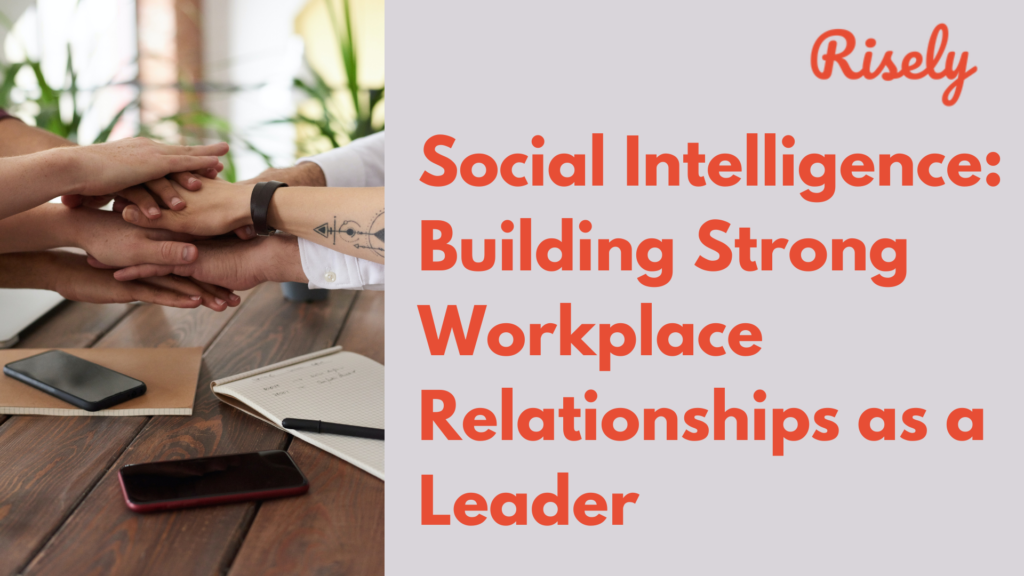
Social health, often overlooked in discussions about well-being, is a crucial aspect of our overall health and quality of life. It revolves around the quality of our relationships, our ability to form meaningful connections, and our sense of belonging within our communities. Building strong social relationships is not just about the number of friends or acquaintances we have but about nurturing genuine connections that provide emotional support, enhance resilience, and contribute to our mental and physical well-being.
At the heart of building strong social relationships is the quality of interpersonal interactions. Genuine relationships are characterized by mutual trust, respect, empathy, and emotional intimacy. These qualities form the foundation upon which deeper connections can grow, allowing individuals to feel understood, valued, and supported in both good times and challenging situations.

Communication plays a pivotal role in nurturing strong social relationships. Effective communication involves active listening, open expression of thoughts and feelings, and respectful dialogue. It allows individuals to convey empathy, share experiences, and build rapport with others. By fostering clear and honest communication, we cultivate understanding, strengthen bonds, and resolve conflicts constructively, thereby nurturing healthier and more fulfilling relationships.
Shared experiences also strengthen social relationships by creating bonds and fostering a sense of connection. Engaging in activities together—whether it’s hobbies, sports, volunteering, or simply spending quality time—builds shared memories and strengthens emotional ties. These shared experiences provide opportunities for laughter, joy, and mutual support, fostering a sense of camaraderie and deepening the sense of belonging within a group or community.
Supportiveness and reciprocity are essential elements of strong social relationships. Being there for others in times of need, offering encouragement, and providing practical assistance demonstrate care and commitment to the relationship. Likewise, being able to seek support and guidance from others when facing challenges promotes a sense of security and mutual trust. Reciprocal relationships where both parties feel valued and supported contribute to a positive social environment and enhance overall well-being.
Social relationships not only enrich our emotional lives but also have profound effects on our physical health. Studies consistently show that individuals with strong social connections tend to live longer, healthier lives. Social support buffers the impact of stress, lowers the risk of mental health disorders such as depression and anxiety, and boosts immune function. Moreover, people with robust social networks are more likely to adhere to healthier behaviors, such as regular exercise and balanced nutrition, which further contribute to improved overall health.
In today’s digital age, maintaining strong social relationships can be facilitated through various means, including social media, messaging apps, and video calls. While these technologies can help bridge geographical distances and facilitate communication, they should complement rather than replace face-to-face interactions. Physical presence allows for non-verbal communication cues, emotional bonding, and deeper connections that are essential for building strong social relationships.
Social health is also influenced by the broader social environment and community structures. Creating inclusive communities that foster diversity, promote civic engagement, and provide opportunities for social interaction strengthens social cohesion and collective well-being. Policies that support community-building initiatives, affordable housing, access to healthcare, and mental health services contribute to a supportive environment where individuals can thrive socially and emotionally.
In conclusion, building strong social relationships is essential for cultivating social health and enhancing overall well-being. By prioritizing meaningful connections, practicing effective communication, fostering supportiveness and reciprocity, and engaging in shared experiences, we nurture relationships that enrich our lives and contribute to our happiness and resilience. Let us recognize the value of social health and invest in building strong social relationships as a cornerstone of a healthier, more connected society.
